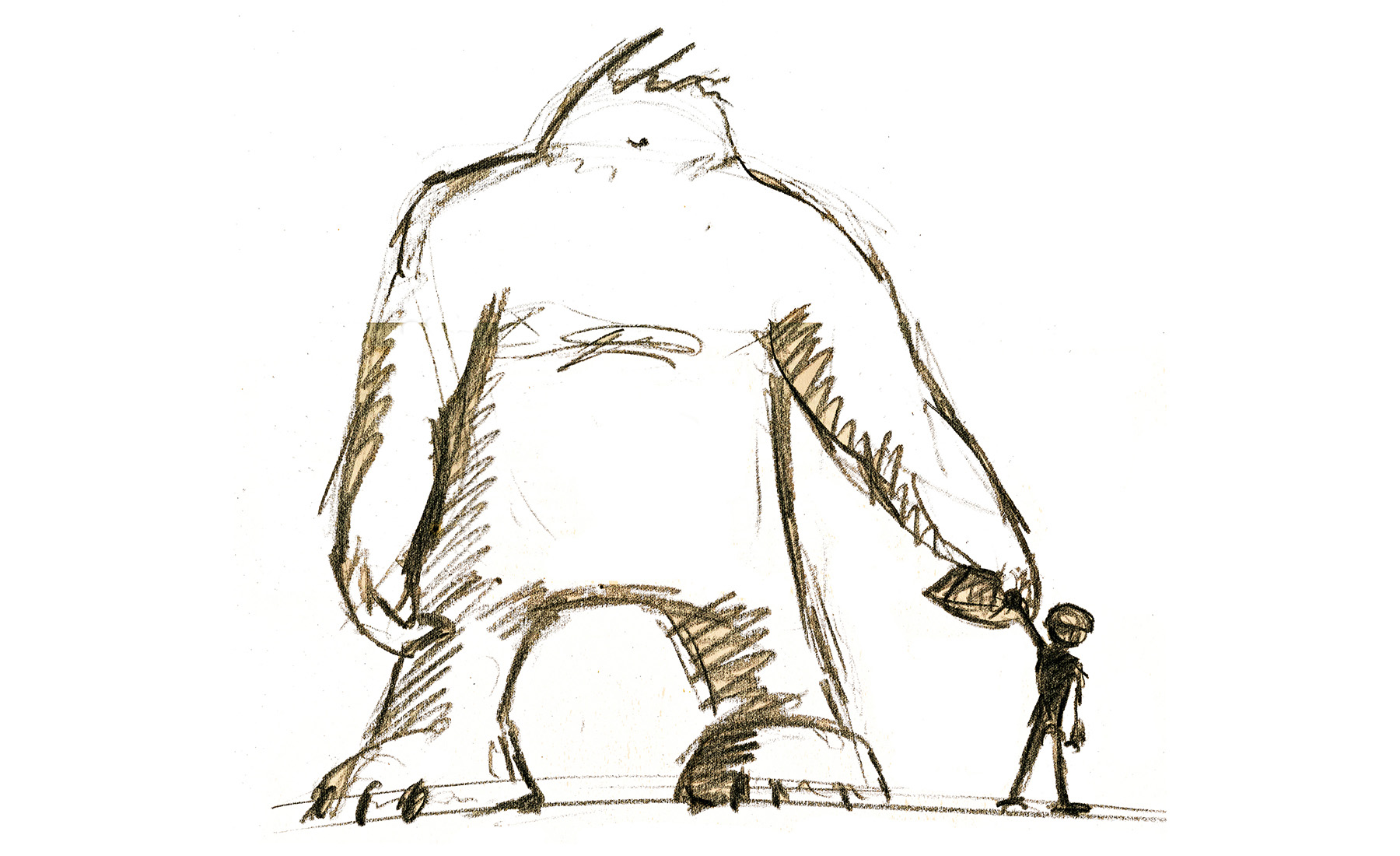
Lately, I have often heard words like self-compassion and resilience come up in conversation. The simplest way I see self-compassion and resilience is in this sketch by Phil Baldwin. It is this bigger, stronger, kinder, and wiser part of me taking care of my smaller, younger self. Self-compassion says, “I got you,” and resilience states, “We will do this together.” For me, both these statements are simple examples of self-compassion and resilience. They are the fuel for personal growth and change.
Over the years, I have learned about self-compassion and resilience. First, like resilience, our capacity for self-compassion develops through difficult circumstances. Unfortunately, I had to overcome my beliefs that hindered my development of self-compassion. The main one was that personal kindness would make me arrogant and selfish. However, what I found was that being kind and encouraging to myself amid failures or disappointments enlarged my capacity for empathy towards others.
Self-compassion is not born out of strength but nurtured by turning towards ourselves with kindness when facing challenges. Often, it is taking those encouragements that we have heard so many times from parents, friends, and partners. The familiar voice that says, “you tried your hardest,” or “I believe in you.” However, often, seeds of self-compassion don’t germinate until we face difficult challenges. It is in moments of failure or inadequacy that we come to a crossroads that can lead us either to shame and criticism or self-compassion. From my experience, our disappointments and failures are the prerequisites for self-compassion to flourish.
Also, self-compassion, just like resilience, grows faster when seen and acknowledged by another person. In therapy, I often notice moments when my clients are compassionate towards themselves. Self-compassion usually starts with a simple sentence such as “that was so unfair.” I highlight these moments to my clients when they are kind to themselves. We have it in us, but often we need to be validated by someone else that it is okay to be kind to ourselves.
It is in those moments that we direct the kindness that we have experienced from others towards ourselves. The results can be incredible. Suddenly, people notice that their internal critical voice is quieter. Encouraged clients’ resilience is emboldened to face past failures, doubts, and fears with new courage that says, “I tried my best” or “The past does not define me.” For me, these statements speak of the correlation between self-compassion and resilience. It also speaks of the power of new experiences that open us up to change, change for the good.
Art Sketch: Guardian Boy by Phil Baldwin. Please ask for permission before copying.



